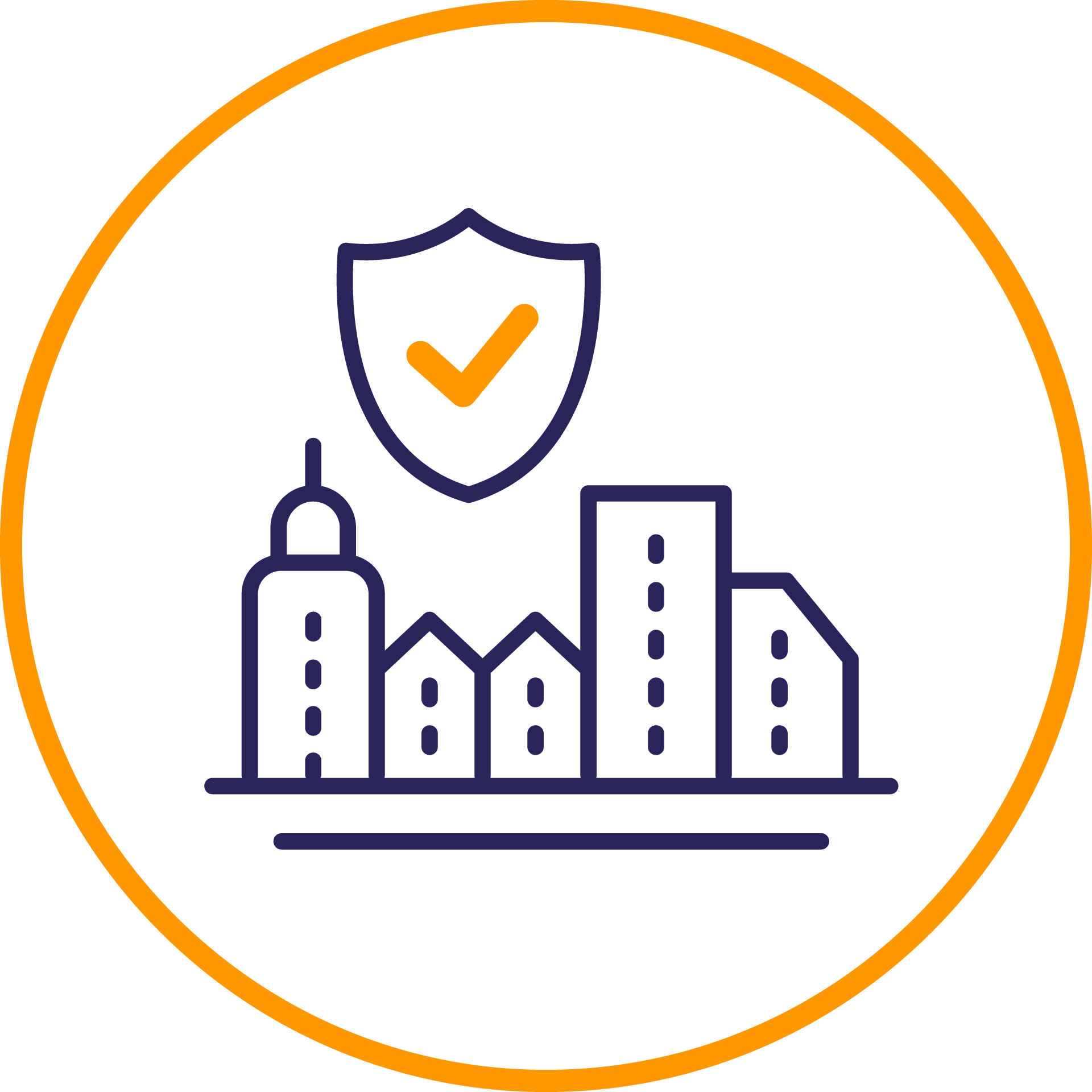TrialsNet
Cities without Barriers
The Cities Without Barriers project, part of the broader TrialsNet initiative, seeks to address urban accessibility challenges by leveraging advanced communication and data processing technologies. This initiative, launched in Turin, aims to systematically locate, document, and eliminate architectural barriers that impede mobility for people with disabilities. The project collects and analyses data in real-time by using 5G networking, high-resolution RGB sensors, and advanced AI models, creating a valuable resource for city planners, citizens, and mobility-impaired individuals.
The project’s core technology relies on smartphones and customised devices equipped with edge-processing modules that capture real-time data on urban barriers, such as uneven surfaces, stairs, and narrow walkways. This information is continuously uploaded to a cloud infrastructure, where it is processed and transformed into accessible digital maps highlighting barrier-free routes and problem areas within the city. Users, including those with mobility limitations, can benefit from real-time navigation features that help them choose the most accessible routes. The system also generates accessibility scores for different city areas, providing valuable insights for urban planners working toward inclusive infrastructure development.
The project incorporates citizen science by actively engaging community members in reporting barriers and sharing real-world feedback. This participation not only improves the data’s accuracy but also fosters a shared commitment to making urban spaces more inclusive. As a potential prototype for other cities, Cities Without Barriers showcases how collaborative technological solutions can address social issues in urban environments.
 Smart City
Smart City
Project Open Call 3rd-party funding
TrialsNet


